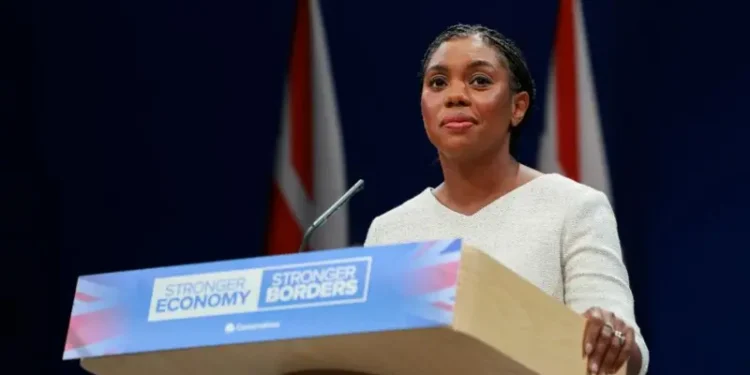Ministers are under growing pressure to release the legal counsel provided to the UK government concerning its potential involvement in Israel’s conflict with Iran.
This follows revelations that Attorney General Richard Hermer has reportedly advised against any UK military engagement beyond defensive measures, warning such involvement could be unlawful under international law.
Liberal Democrat leader Ed Davey has now joined the call for transparency, urging Downing Street to publish the legal guidance. “The last thing we need is for the UK to be dragged into another illegal war in the Middle East by the US,” he said, adding that public trust demanded openness on such high-stakes decisions.
This development comes as British officials intensify diplomatic efforts to dissuade the Trump administration from joining Israel’s ongoing aerial bombardment of Iran. Prime Minister Keir Starmer, speaking on Thursday, acknowledged a “real risk of escalation” in the Middle East conflict, warning that military action could reverberate well beyond the region.

“The situation in relation to Israel-Iran is obviously fast-moving and in those circumstances, it’s really important to cling on to the key principles here,” Starmer said. He emphasized the UK’s longstanding concerns over Iran’s nuclear ambitions but insisted that, “Yes, the nuclear issue has to be dealt with, but it’s better dealt with by way of negotiations than by way of conflict.”
Legal Concerns Over Military Support
The prime minister stressed Israel’s right to self-defence but maintained that avoiding escalation must be the central aim. “There’s a real risk of escalation here that will impact the region, possibly beyond the region, akin to Gaza, and obviously it’s already having an impact on the economy,” he said.
Foreign Secretary David Lammy is expected to meet U.S. Secretary of State Marco Rubio in Washington on Thursday. Sources in Whitehall say Lammy will deliver a message that the UK’s focus remains on diplomacy and de-escalation. As of now, Britain has not taken part in any military response and has not been involved in intercepting Iranian missiles directed at Israel.
However, Downing Street is reportedly weighing options, including whether to allow U.S. forces to use the Diego Garcia military base in the Indian Ocean, should President Trump opt for direct strikes on Iranian targets. Hermer’s cautionary advice could limit the extent to which the UK participates in any future operation.
Although there is no legal requirement to hold a parliamentary vote on military intervention, Starmer could face political pressure to seek one, particularly if support extends beyond defensive operations. This contrasts with the ongoing British airstrikes in Yemen, which were launched without a parliamentary vote. No. 10 has refused to comment publicly on the legal advice provided by Hermer.
“By longstanding convention, reflected in the ministerial code, [the question of] whether the law officers have been asked to provide legal advice and the content of any advice is not routinely disclosed. The convention provides the fullest guarantee that government business will be conducted at all times in light of thorough and candid legal advice.”
No 10. spokesperson
In response to the deepening crisis, Starmer convened an emergency Cobra meeting on Wednesday to examine possible scenarios and coordinate diplomatic strategy.
President Trump, meanwhile, has not yet confirmed whether the U.S. will proceed with airstrikes. He is reportedly waiting on intelligence confirming whether a “bunker buster” bomb could destroy Iran’s uranium enrichment facility at Fordow, buried deep within a mountain 80 to 90 metres underground.
READ ALSO: Acheampong Urges Unity Before Ambition In NPP Leadership Race























